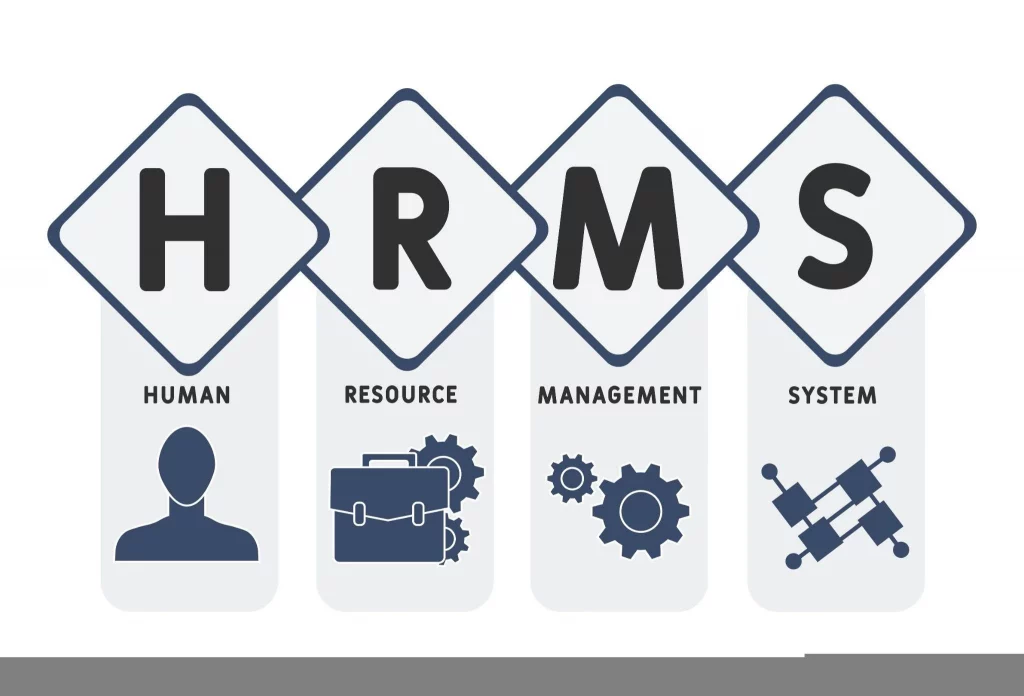

Importance of Effective HR Management for Business Success

Akhila
Akhila is a senior content writer and editor of BetterPlace Safety Solutions Pvt. Ltd. one of India’s leading providers of Staffing and HRMS Software. She is smart and has more than 9 years of experience in Staffing and HR domains.
For any business, its foundation is the employees. And to better manage this foundation, you need the HR department.
HR or Human Resources is that department in any business who are responsible for making the employees feel secure, valued, and properly supported. With the rise of technology, now there are HR software programs that make sure this department performs smoothly and evolves as the business grows and the needs change.
What exactly is Human Resources?
Simply put, Human Resources or HR is a department within an organization whose task is to maintain a stable relationship between the employees of the company and the employers. HR department covers a plethora of duties and responsibilities and has its own designation and positions to properly do that. At the helm is often the HR manager who oversees the whole HR management.
Now that you are clear about what exactly is HR, let us see the various HR services the department performs which make it so important for a business.

Acquisition and training of new talents
The HR manager or head of the department is often the person who makes decisions when it comes to hiring new talents. Not only recruiting, but they are also responsible for training the new hires. The whole process is overseen by the department, starting from advertising for the position, going through the applications, selecting good candidates, and then interviewing them before making the final selection.
Once the new hires come in, HR is responsible for making sure they adjust to their new workplace, embrace company culture, and learn their duties. The department will hold orientation meetings or programs that will make sure that this transition from new hires to dedicated employees happens smoothly.
Thanks to various HR software, this aspect of HR is now streamlined and efficient. HR still needs to keep an eye on the whole process to make sure their policies evolve with time and fits the needs of the company.
Making sure employees feel happy and secure in their work environment
The duty of HR does not end with just hiring and training new employees; their work includes making sure the work environment is safe and secure for each employee of the company. One of the duties of HR includes making policies that will make the workplace safe, physically, and emotionally. HR is also responsible for generating awareness among employees regarding these policies. If any employee feels insecure in his or her workplace, he or she can contact HR and HR is responsible for mitigating the problem. Another day-to-day job of HR is to manage the relationship between employees to make sure each one of them works with dignity and respect in a secure environment.
Unlock Unlimited Surveys & Responses with Fynzo Survey – 99% Features Free Forever!
⭐ Rated #1 Trending Survey Tool by Software Suggest ⭐
Why Choose Fynzo Survey?
- Unlimited Surveys: Create as many surveys as you need without any limits.
- Unlimited Responses: Collect unlimited responses effortlessly.
- 99% Free Features: Access nearly all our powerful features for free, forever.
- User-Friendly: Easy setup, create your survey in minutes.
Analysing and Managing company risks
It is wrong to think that HR services are only related to employees; one major work of HR is to manage compliance and risk on behalf of the company. An HR manager needs to know about business law, statistics, ethics, and problem-solving as part of their job. Here is a quick checklist of what an HR manager must perform to analyze and manage company risks.
- Use company data to find statistical risk
- Prevent and address any lawsuits
- Handle the layoffs and firing process
- Train other managers
- Uphold privacy for sensitive data and protect the organizational data
- Improve the hiring process and evaluate the new hires
Handling employee salary and negotiating benefits
One of the primary tasks of HR is to handle the salary and other benefits of the employee and see that they get paid on their salary day. Not only that, but HR is also responsible for negotiating salary and benefits when they are hiring new talents or when employees ask for raises.
This is very important because when hiring talents, the benefits and salary a company is offering is the main attraction. Moreover, it is HR’s job to make sure that tax deductions and EPF/PF deductions are being made systematically. As the company grows, it is the job of HR to make sure the benefits and salary of the employees match their talents and workload. Thankfully, there are now many HR software in the market that makes this job easy.
So, these are some of the most significant tasks that HR is responsible for in any organization. For the effective running of any company, they need to make sure that their HR department is well run. Only then the department can do their HR services to their best abilities.
FAQs
1. What is the role of HR management in business success?
The role of HR management in business success is to ensure the recruitment and retention of the best talent, create and maintain a positive workplace culture, and to ensure the success of employees and the business. Through effective HR management, organizations can ensure that their employees are engaged, motivated and have the skills and resources to be successful in their roles.
2. What are the benefits of effective HR management?
The benefits of effective HR management include increased employee engagement, improved morale, better retention of key talent, improved workplace culture, and lower turnover. Additionally, effective HR management can lead to improved efficiency and productivity, as well as cost savings in the long run.
3. What are some strategies to ensure effective HR management?
Some strategies to ensure effective HR management include developing clear policies and procedures, fostering communication between employees and management, providing ongoing training and development opportunities, and implementing performance management systems. Additionally, it is important to ensure that employees are provided with the resources, support and recognition they need to be successful in their roles.







